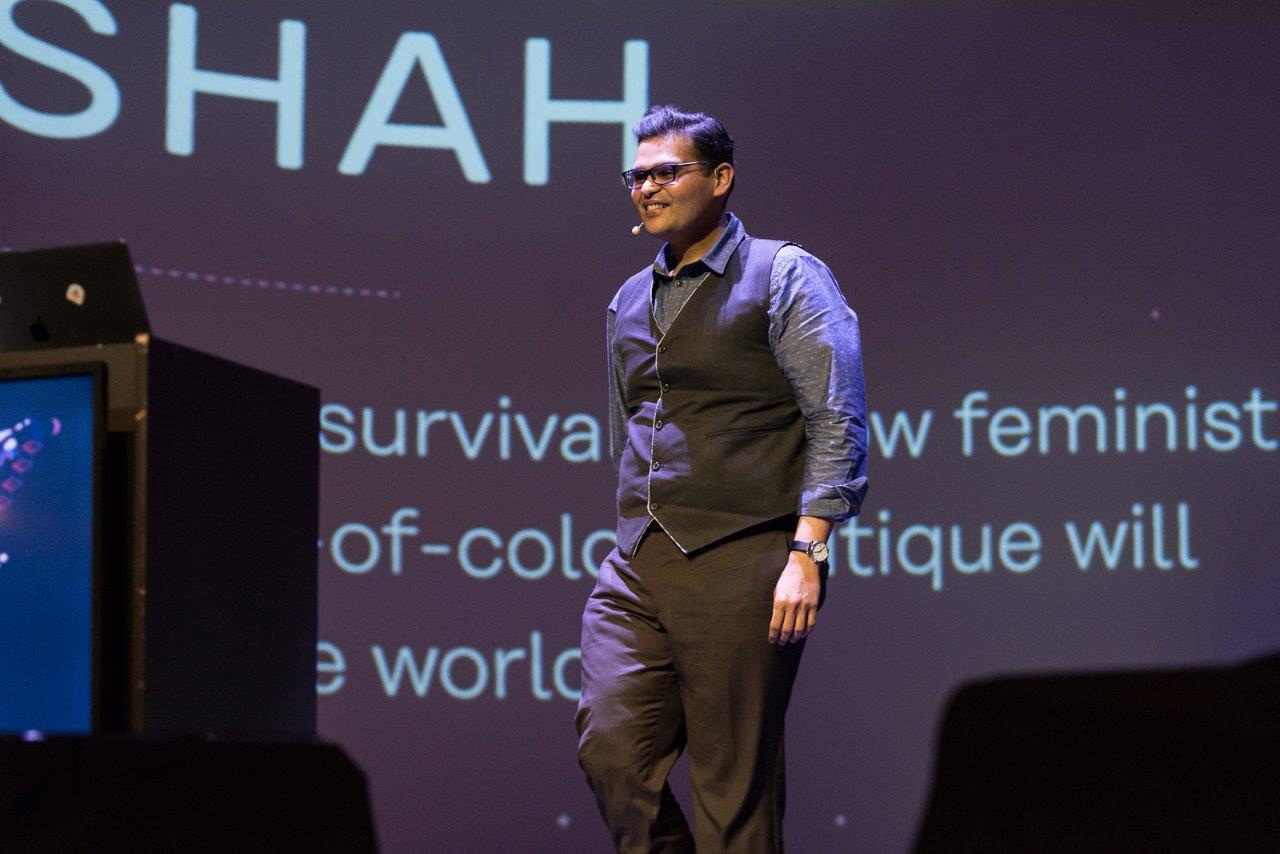Disinformation Overload: ‘Truthing It’ in algorithmic networks
It was my pleasure to be the concluding speaker in the Lingan University’s 50 Year Celebrations in Hong Kong. Here is a quick synopsis and details of the talk. Watch this space for the video when it comes online. Lingnan University 50th Anniversary Lecture Series (2017-2018) Inter-disciplinary Lectures on Culture and Society x HKAC Art Shop Inspiration Series Organised by the Department of Cultural Studies, Lingnan University Co-organised by Hong Kong Arts Centre Disinformation Overload: ‘Truthing it’ in algorithmic networks Fake news has been all the news lately. The anxiety around fake news is a symptom of a growing instability in our capacity to tell, discern, filter, share, and amplify that which we believe to be true, in the algorithmic state of information networks. Fake news is not so much about searching for the truth, as it is about figuring out the first principles through which claims of truth can be made. Beginning with the idea of information overload as our new default, this talk looks at the way in which our first order principles of truth claiming are being Continue Reading …
